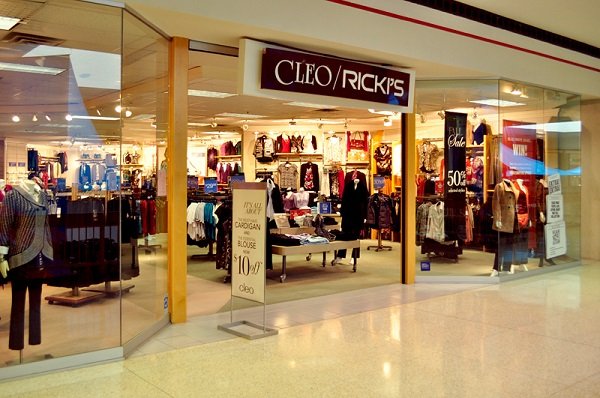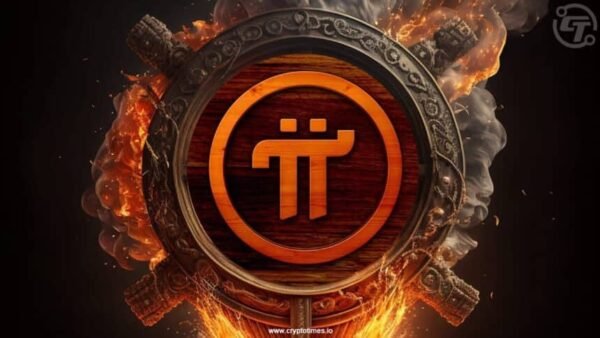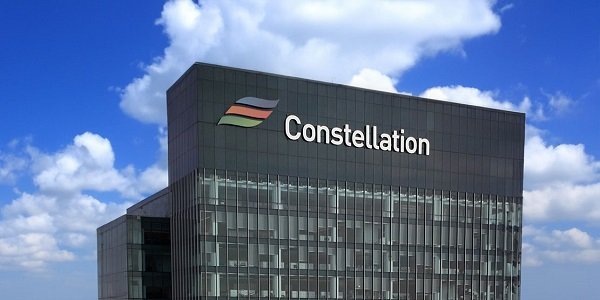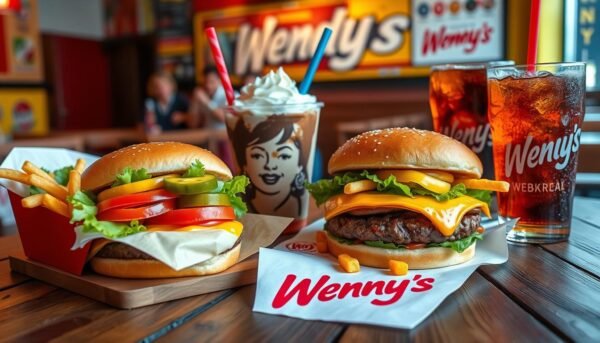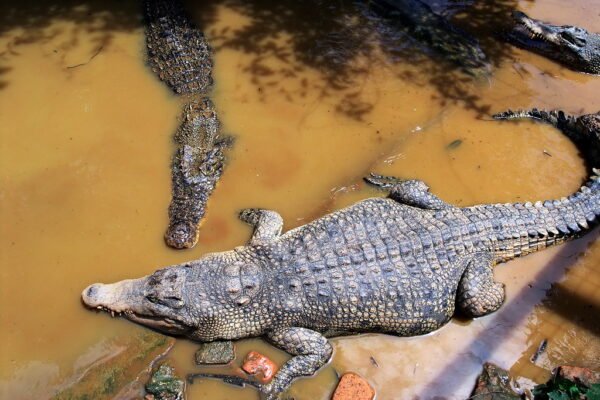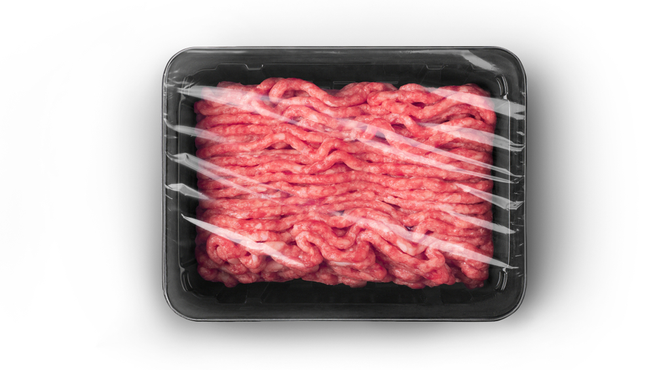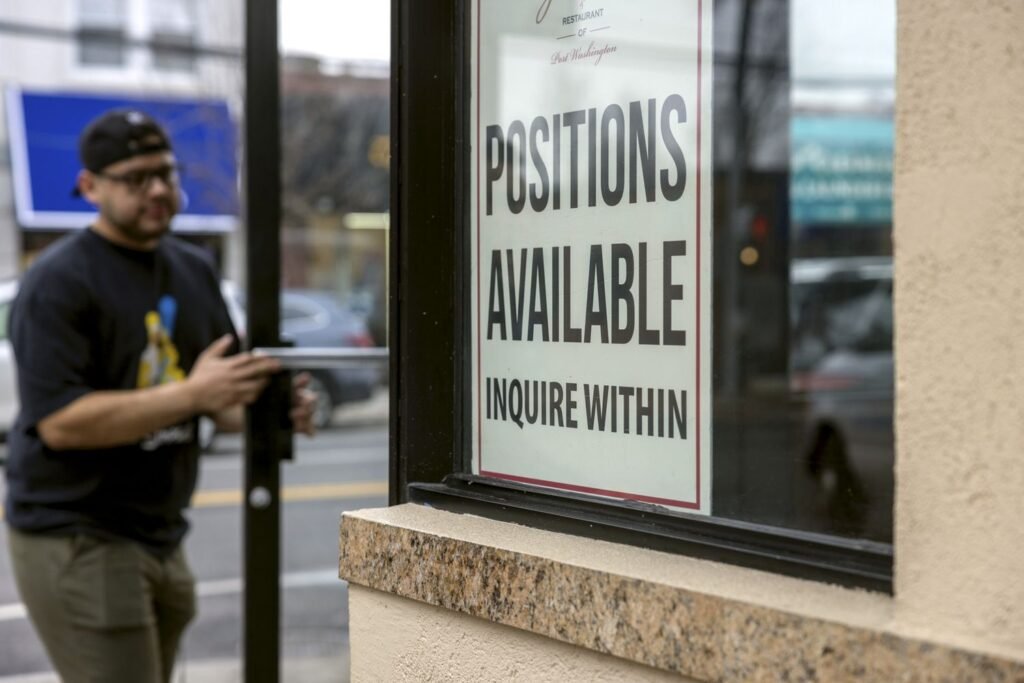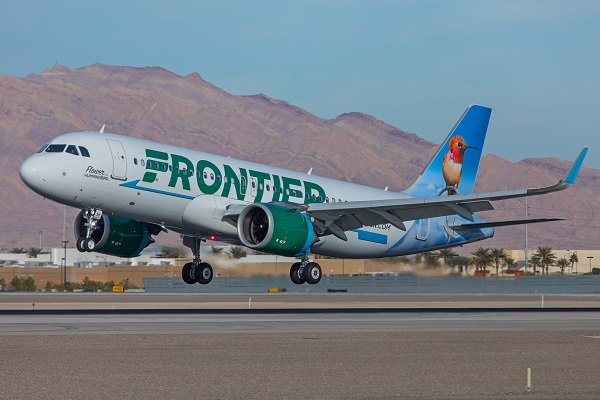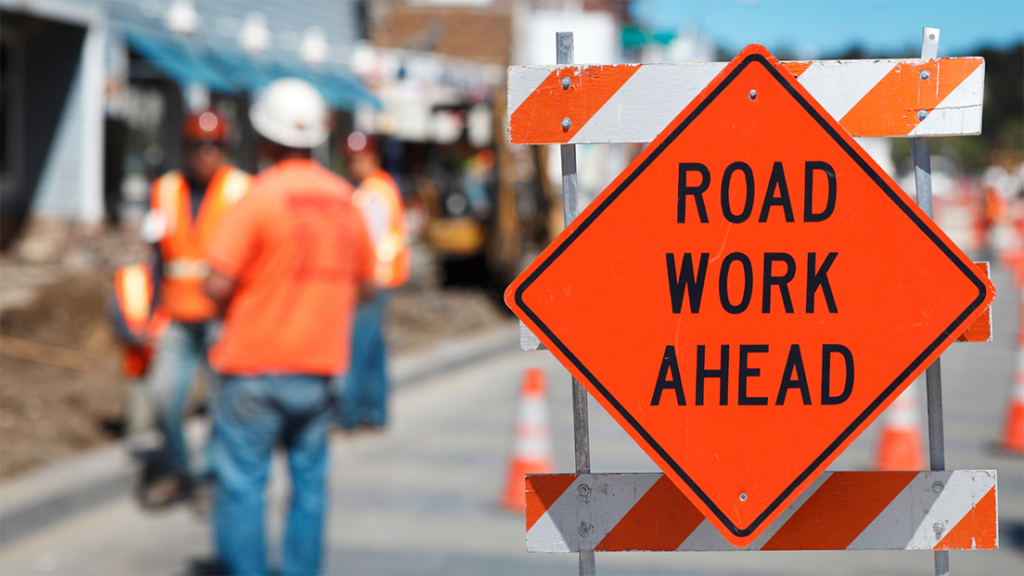:max_bytes(150000):strip_icc():format(jpeg)/GettyImages-673457480-3c7bdd3a3baf41e78497be9e39450484.jpg)
Key Takeaways
- Athletic shoe companies generally have less exposure to China than other footwear companies and, therefore, may perform better amid the trade war with that country, Citi analysts said.
- U.S. brands, such as Nike, may be more vulnerable if anti-American sentiment weighs on sales abroad, the Monday research note said.
- Brands with strong momentum, including On Holding and Amer Sports, will likely have more power to raise prices and offset tariffs, the research team said.
Athletic shoe companies appear to have an advantage over other footwear manufacturers in the tariff era, according to Citi Research analysts.
Companies making retailsneakers and hiking boots have relatively limited exposure to China, whose exports currently are subject to a 145% import tax, Citi wrote in a research note Monday. The analysts said tariffs on other countries seem “digestible”—assuming that the tax rate remains in the neighborhood of 10%—for many such companies.
Still, Citi lowered its price targets for all the athletic apparel companies—citing weakening economic conditions—and distinguished between brands with and without the ability to raise prices.
Citi’s Analysis of Athletic Footwear Makers Amid Tariffs
Here is how they see major footwear companies faring:
- On Holding (ONON), a Swiss company selling running, tennis and hiking shoes, sources about 90% of its materials in Vietnam, the analysts said. On Holding is also less likely to face a consumer backlash in China than American brands may there, according to Citi, which upgraded its shares to “buy” from “neutral.”
- Amer Sports (AS), the originally Finnish business behind Arc’teryx and Salomon hiking shoes, sources about 20% of U.S. products from China, but should be able to charge customers more for them, the Citi analysts said. They maintained a “buy” rating.
- Deckers Outdoor (DECK), the parent of Hoka and Ugg shoe brands, is “in a solid position to pass-through price to the consumer,” the analysts wrote, maintaining their “buy” rating on the company.
- Lululemon Athletica (LULU), an athletic shoe and attire company, is a Canadian brand, and therefore, should suffer less from anti-American sentiment, the analysts said. But Lululemon may also have a harder time raising prices, according to analysts, who maintained their “neutral” rating.
- Nike (NKE) was struggling with excess inventory before tariffs were announced and its sales may be more vulnerable now that anti-American sentiment is a concern, Citi said. It maintained a “neutral” rating on Nike shares.
- Under Armour (UA, UAA), another U.S. athletic clothing and shoe company, is in the middle of an attempted brand turnaround, and has “limited pricing power,” Citi said. Its analysts maintained their “neutral” rating on Under Armour.
[publish_date



